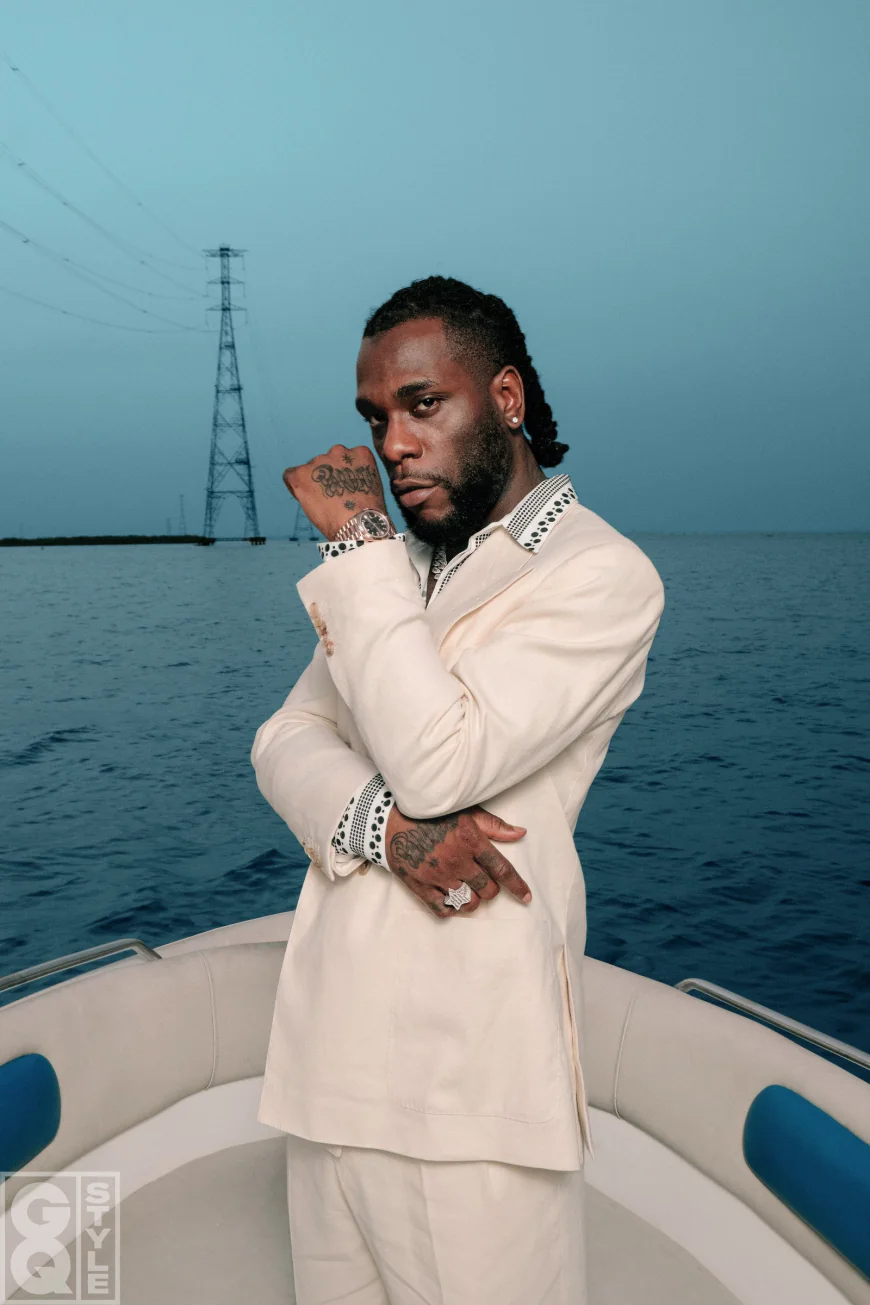Burna Boy vs. Spotify Africa: The Royalty Question No One Wants to Answer
Burna Boy is calling out Spotify for unfair royalty payouts in Africa. What does this mean for the future of streaming, local artists, and digital revenue in Africa?

When Burna Boy speaks, the world listens and this time, he’s putting Spotify on blast. But the real question isn’t just about him it’s about an entire continent’s creative economy.
As Africa’s streaming numbers surge, artists are raising concerns: Are they being paid fairly? Or are global platforms pocketing most of the pie while creators fight over crumbs?
1. The Spark That Lit the Fire
Burna Boy recently voiced frustration over what he calls "streaming exploitation" where artists in Africa rack up millions of plays but see little in return. He’s not alone. From Kenya to Ghana, musicians are waking up to the reality that their fame doesn’t equal fortune.
2. The Spotify Africa Model: Opportunity or Exploitation?
Spotify's presence in Africa was hailed as a milestone. But its royalty structure, based on global pro-rata models, may not favor local artists. A million streams in Lagos doesn’t pay like a million in London and that disparity is at the heart of the criticism.
3. The Bigger Battle: Data, Value, and Gatekeepers
In truth, this isn’t just a Burna Boy issue. It’s about who controls digital music distribution, who owns the data, and who determines value. If platforms set the terms, do African creators ever stand a chance at equity?
4. The Call for a New Model
Several artists and tech entrepreneurs are now advocating for localized streaming alternatives, direct-to-fan platforms, and blockchain-based royalty tracking. Burna’s rant may have just accelerated a much-needed revolution.
Is it time for African artists to build their own platforms? Or will Spotify and others evolve their models to survive the backlash?
Drop your take the future of African music may depend on it.


